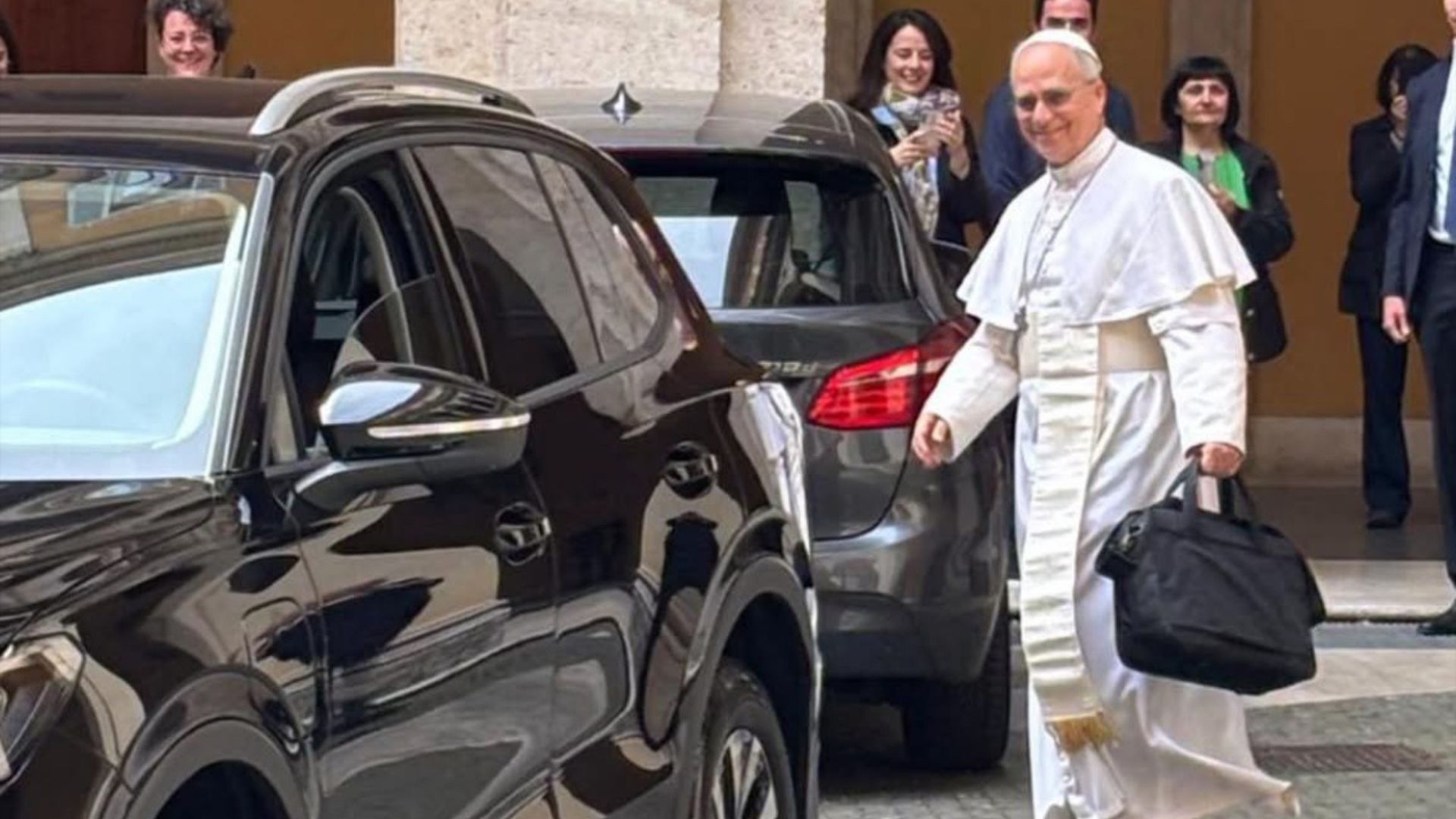🇮🇹 Versione italiana
Vatican City – The election of Robert Francis Prevost to the papal throne under the name Leo XIV took place in a climate described by many cardinals as “serene and unanimous.” The Sacred College quickly came to the conviction that his was the name suggested by the Lord to succeed Saint Peter. Contrary to the media speculation that circulated in the preceding hours, the election unfolded very swiftly, in less than 24 hours. “During lunch on 8 May, we spoke with greater frankness, but his name – as you know – was one that several of us had already held in our hearts,” reported one cardinal present in the Sistine Chapel.
The journalistic reconstructions that spoke of clashes or strategic manoeuvres involving names such as Matteo Zuppi, Pierbattista Pizzaballa, or Pietro Parolin bore no resemblance to the reality, even before the entry into the Sistine Chapel. “These are the usual narratives of those who fail to read ecclesial events properly,” said one prelate. “No one was battling to sway votes as though we were at a political congress. Prevost’s name brought about agreement among many – truly many – precisely because of his qualities: gentleness, attentiveness, pragmatism, deep faith, and authentic spirituality. He is a man of unity, not of division.”
During the General Congregations, his intervention stood out for its balance and restraint. “He did not seek to stand out, nor to suggest a role for himself, but he confirmed what we had already perceived: he is a welcoming, affable, and cheerful figure. A man capable of action and of governance, but without ever causing division,” explained a fellow cardinal. Even the atmosphere at the moment of the election reflected this shared awareness: “When we stepped out onto the loggias, it was clear that we were genuinely happy with the choice,” one of them recalled.

Why Leo XIV?
On the evening of his election, Pope Leo XIV dined at Casa Santa Marta with all members of the College of Cardinals. Later, he briefly returned to his apartment at the former Holy Office, where he had moved only five weeks earlier, to collect some personal belongings. During dinner, he chose to sit alongside cardinals from all continents: an Indian, a Serb, a Chilean, an African, and the Camerlengo, Kevin Farrell.
Over the course of the evening, the African cardinal asked the Pope about his choice of the name Leo XIV. The Holy Father explained that the decision was inspired by Leo XIII, for two main reasons. The first is the foundational significance of the Rerum Novarum, the first encyclical to systematise the Church’s Social Doctrine: “That document gave rise to a doctrinal journey that shaped an entire compendium. The issue of labour and the conditions in which workers live is something I hold very dear,” the Pope stated.
The second reason is of a more spiritual and emotional nature: Leo XIII was born in Carpineto Romano, where there once stood an Augustinian convent. It was there that Leo XIII grew up, and there too that his vocation was born. The Convent of Saint Augustine in Carpineto Romano, founded in the 13th century and originally dedicated to Saint Anthony Abbot, was transferred in the 14th century to the Hermits of Saint Augustine. The Augustinians remained there until the Napoleonic era, when the complex was confiscated. It was later repurchased by the Pecci family: it was Gioacchino Pecci, the future Leo XIII himself, who expanded the church and the convent, transforming the latter into a hospital. After some logistical complications, the complex was returned to the Augustinians. Today it is owned by the Apostolic Administration of the Holy See.
Inside, one finds 13th–14th century portals, column-bearing lions, religious and symbolic sculptures, inscriptions, and frescoes. The presbytery houses an altarpiece of Saint Augustine and an apse frescoed by Tito Troja, depicting the triumph of the Augustinian order and the generosity of Leo XIII. A Swiss organ, a gift from the Diocese of St. Gallen, completes the artistic richness of the complex, located on the street bearing its name in the Lazio village.
The choice of Leo XIV thus appears to be the result of a spontaneous, spiritual, and profound convergence, rather than of tactical balances or external pressures. A Pope, son of Saint Augustine, faithful to tradition, and aware of the social challenges of our time.
p.J.R.
Silere non possum